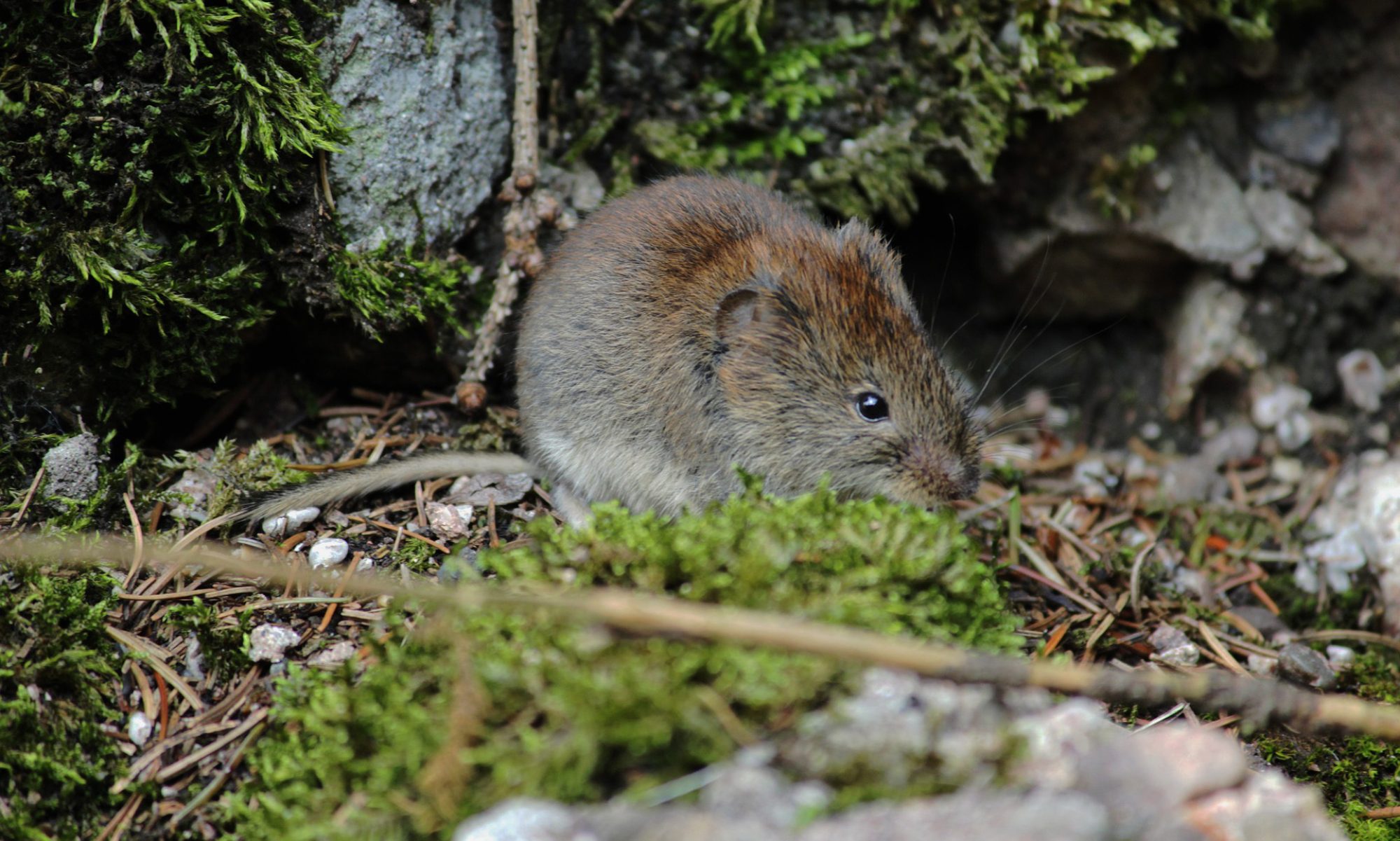| Econet Risk Assessment [Base Document]
Assessment: Bonfires |
||
| Volunteer’s Tools: Volunteers bring their own tools which must be fit for purpose, at their own risk. The Group cannot accept any responsibility for a volunteer’s own tools unless by prior agreement.
Volunteer’s Dogs: Dogs should only be brought to sites, (by agreement with the group members) where they will not disturb wildlife and other livestock and where it is acceptable to the management and other users of the site. Dogs are brought at the owner’s own risk, the group cannot accept any responsibility for their wellbeing. |
||
| Assessment Summary: Bonfires; | ||
| Typical uncontrolled outcomes Burns (minor and major); grit in eyes; minor cuts and bruises; breathing difficulties; damage to adjacent land and property |
Typical groups at risk Volunteers; other site users; general public; neighbouring property |
|
| Controls
Locate fire site on level ground clearing all trip hazards from the surrounding area. Volunteers near fire should wear long sleeves and trousers to prevent burns from flying ashes. Long hair should be tied back and loose clothing tucked in. Hard hats are recommended. Fire must be sited downwind of main work area, and should not be larger than is required to do the job. Fires must be sited away from roads and buildings. Fires must not be lit in strong winds, on peat soils, in drought conditions, under trees or on any surface likely to catch alight, or near overhead or underground services. Vehicles should be parked at least 50 metres from any fire. Flammables (gas, petrol etc.) must be sited at least 30 metres from any fire. One person must be tending the fire at all times. Load material on to fire at a single point and in a controlled manner. Exclude dangerous items e.g. aerosols, from material to be burnt. Stop work if main work area significantly affected by smoke and insure all volunteers move out of the area. Turn fires in and where possible damp down at end of day. Place warning signs and/or barrier tape around hot embers left on site.
|
||
| Hazards
Slips, trips and falls Burning embers and flying debris Flammable liquids Smoke obscuring other hazards Spread of fire Smoke inhalation |
||
| PPE
Bonfires: Hard hats; Actual items needed may vary according to the task. |
||
Risk assessment adapated from econetreading.org.uk

